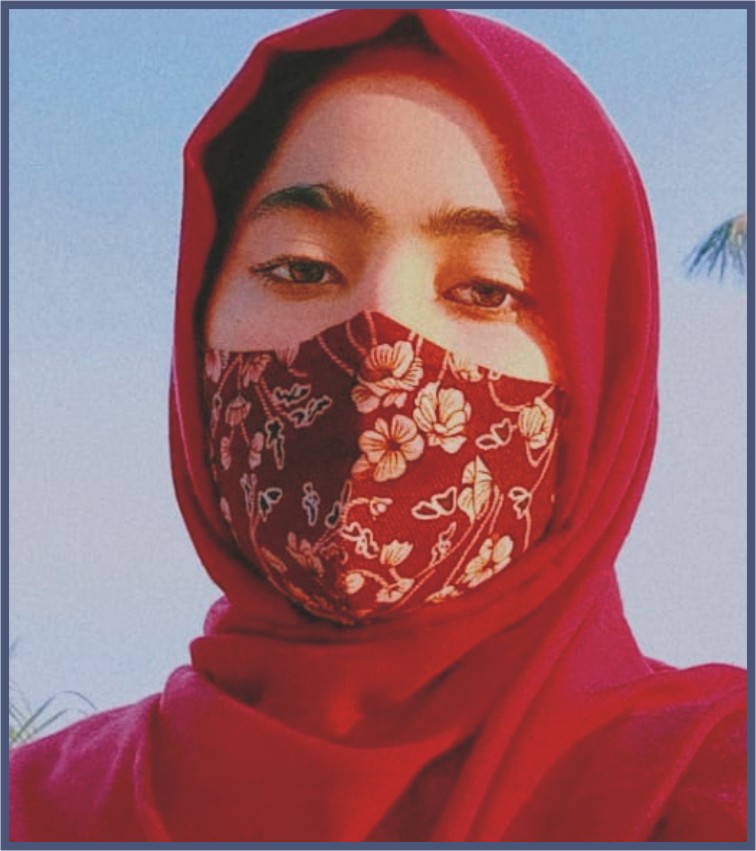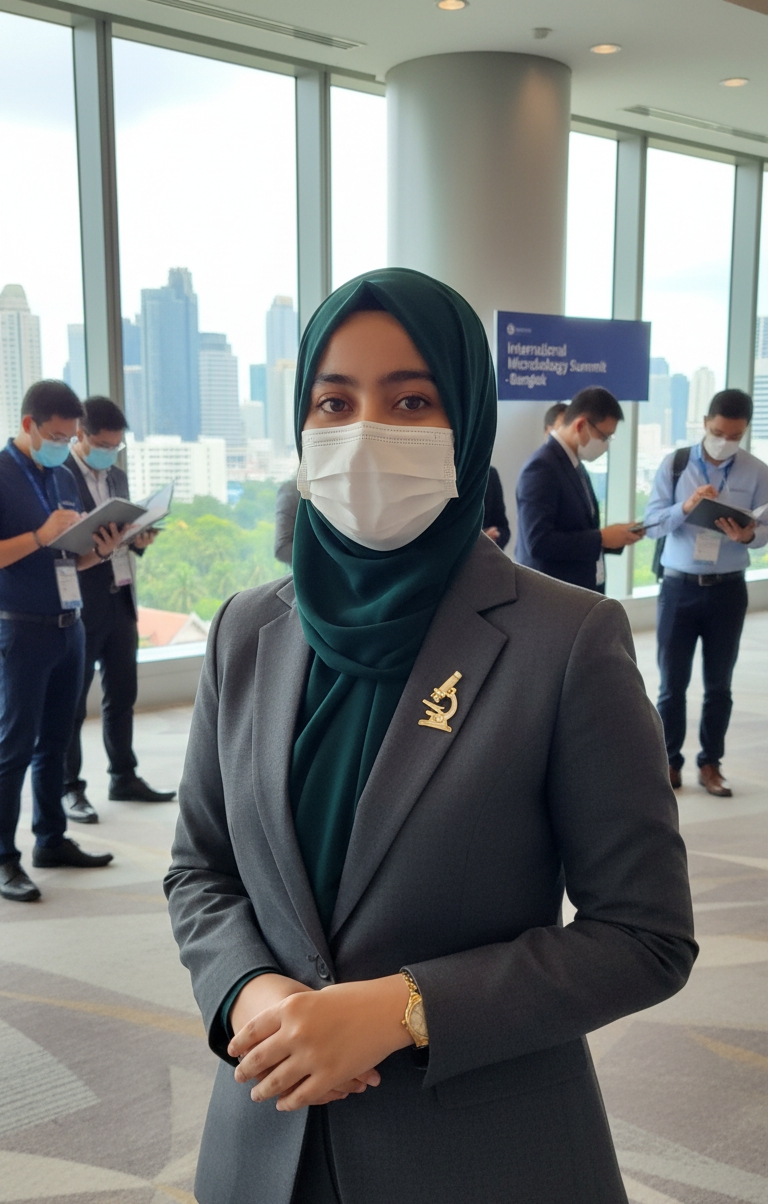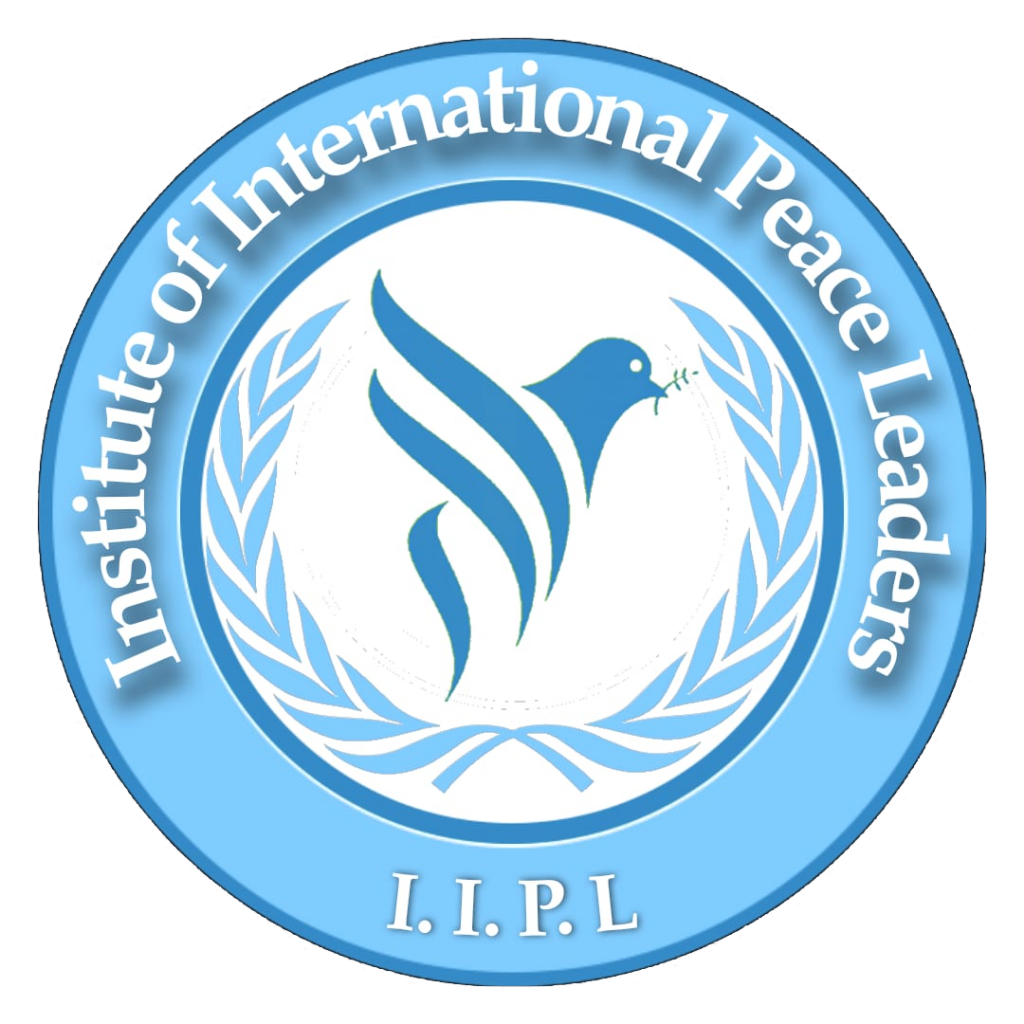Peace Ensures Development
INTRODUCTION:
Peace ensure development is rooted in the understanding that a stable and peaceful environment creates the conditions necessary for economic, social and political progress.
Stability and security: peace provides a stable environment which is crucial for economic development. when a country or region is free from conflict and violence ,resources can be allocated to productive activities rather than a being diverted to military or security concerns. This stability fosters investor confidence, encourages entrepreneurship and promotes sustainable economic growth.

Infrastructure and investment: in peaceful settings, governments and private entities are more likely to invest in infrastructure projects such as transportation, healthcare and education. These investments are vital for long-term development as they improve quality of life and create opportunities for economic advancement. Peaceful conditions also attract foreign investment, which can further boost economic development.
Social cohesion and human development: Peaceful societies tends to have better social cohesion, which contributes to human development. When people feel secure and are not affected by the turmoil of conflict, they are more likely to focus on personal and community development. Education and healthcare systems are more effective in peaceful environments, leading to improve literacy rates, health outcomes and overall human capital.
Rule of law and Governance: peace often supports the establishment and maintenance of effective governance structure, characterized by transparency, rule of law and accountable institutions is essential for the development. In a peaceful context, governments can focus on implementing policies and programs that promote economic growth, reduce poverty and improve living standards.
Sustainable developmental goal (SDG 16) is dedicated to promoting peace, justice and strong institutions. This goal is integral for achieving sustainable development as it addresses the fundamental aspects of governance, security and justice. Promote peaceful and inclusive societies for sustainable development, provide access to justice for all and build effective ,accountable and inclusive institutions at all levels
SDGs 16 has 12 specific targets and 16 indicators to measure progress:
- Significantly reduce all forms of violence and related death rates everywhere.
- End abuse, exploitation, trafficking and all forms of violence against the torture of children.
- Promotes the value of law at the national and international levels and ensures equal access to justice for all.
- By 2030, significantly reduce illicit financial arms flows, strengthen the recovery and return of stolen assets and combat all forms of organized crime.
- Sustainability reduce corruption and bribery in all their forms.
- Develop effective, accountable and transparent institutions at all levels.
- Broaden and strengthen the participation of developing countries in the institutions of global governance.
- By 2030, provide legal identity for all including birth registration.
- Ensure public access to information and protect fundamental freedoms accordance with national legislation and international agreements.
- Strengthen relevant national institutions including through international cooperation for building capacities at all levels.
- Promote and e3nforce non-discriminatory laws and policies for sustainable development.
Indicators for these targets help measure progress in areas such as violence reduction, access to justice, corruption levels and industrial effectiveness. Example include the number of victims of violence the percentage people who feel safe in their communities and their effectiveness of public institutions.
Importance of SDGs 16
Peaceful and inclusive societies
- Reduction of violence
- Safety of children
Access to justice
- Rule of law
- Equal access
Strong institution
- Effective governance
- Combatting corruption
Implementing SDGs 16 faces several challenges:
Conflict and instability: in regions affected by conflict or political instability, building strong institutions and ensuring justice can be particular difficult.
Corruption: persistent corruption undermines efforts to build effective institutions and can inhibit progress towards achieving SDG 16.
Inclusion: Ensuring that all groups, especially marginalized communities have a voice in decision-making processes can be challenging.
Pakistan faces a complex scenario regarding the relationship between peace and development.
The country’s progress towards achieving sustainable development goal 16 (SDGs 16)_which focuses on promoting peace, justice, and strong institutions is influenced by various factors.
- Security and stability
Challenges:
Terrorism and insurgency: Pakistan has experienced periods of significant violence due to terrorism and insurgency, particularly in regions like
(KPK) Khyber pakhtun khaw and Balochistan. Although security has improved in recent years sporadic attacks and unrest continue to pose challenges.
Political instability: political instability and frequent changes in government can effect the consistency and effectiveness of policies related to peace and development.
- Rule of law and access justice
Challenges
Judicial system: the judicial system in Pakistan often faces issues related to delays, inefficiencies and corruption. This can impact the accessibility and fairness of justice.
Legal reforms: there are ongoing needs for comprehensive legal reforms to address issues such as the backlog of cases and inadequate protection of human rights.
- Progress
Legal reforms: there have been initiatives aimed at improving the judicial system and increasing access to justice, such as the establishment of specialized courts and reforms in legal education and training.
- Corruption and governance
Progress
Anti-corruption measures: the government and civil society organization have launched various anti-corruption campaigns and initiatives aimed at improving transparency and accountability.
- Institutional effectiveness
- challenges
Institutional capacity
Decentralization
Progress
Institutional reforms: Initiatives to strengthen institutions includes efforts to improve public sector management, enhance the effectiveness of local governments and promote good governance practices.
- Human rights and social inclusion
Progress
There are ongoing efforts by both government civil society to address human rights concerns and promote social inclusion including programs aimed at supporting women’s rights and minority protection.
Effects towards peace building in Pakistan involve a multi-faceted approach addressing conflict resolution, social cohesion and economic development. These efforts are crucial for addressing the country’s diverse challenges and fostering long term stability and development. some key initiatives and strategies:
Counter terrorism security measures
Military and law enforcement operations :
Operation Zarb-e-Azb: launched in 2014, this major military operation targeted military groups in North Waziristan and other conflict-prone areas, leading to significant reduction in terrorist activities.
Operation Radd-ul-Fasaad: initiated in 2017 this operation aimed to eliminate residual terror threats and consolidate gains from previous operations.
Intelligence and counter-terrorism:
Enhanced intelligence-sharing and counter terrorism coordination between federal and provincial agencies have improved the ability to prevent the respond to terrorist threats.
Anti-corruption measures:
National accountability bureau (NAB): the NAB has been actively involved in investigating and prosecuting corruption cases, working to enhance accountability in public office.
Social welfare programs:
Benazir income support program BISP: this social safety net program provides financial assistance to low0income families, aiming to reduce poverty and promote social stability.
Youth engagement
Youth empowering programs: initiatives aimed at engaging youth in positive activities such as sports and community service seek to prevent radicalization and promote a sense of belonging.
Ensuring peace for sustainable development in Pakistan involves a multi-faceted approach that address both immediate and long-term needs. several key strategies:
Promote transparency and accountability: establishing robust institutions and systems to combat corruption and systems to combat corruption and enhance governance.
Reform justice systems: Improving the efficiency and fairness of legal and judicial processes.
Economic development
Diversity the Economy: move beyond reliance on agriculture and textiles by promoting sectors such as technology, manufacturing and services
Encourage entrepreneurship
Support small and medium sized enterprises with access to financing and training.
Social inclusion
Address inequality: implement policies to reduce socio-economic disparities and ensure equitable access to resources and opportunities.
Empower women and marginalized groups: promote gender equality and provide support for disadvantaged communities.
Education and skill development
Improve education systems: invest in quality education and vocational training to prepare the workforce for the demands of a modern economy
Focus on research and innovation: encourage research and development to drive technological and scientific advancements.
Peace building and security
Strengthen community relations: foster dialogue and collaboration among different ethnic and religious groups.
Prepare for climate change: Develop strategies to mitigate and adapt to the impacts of climate change.
Healthcare and well-being improve access to and quality of healthcare services.
Promote public health: address issues such as malnutrition and disease we prevention.
Regional cooperation
Strengthen ties with neighbors: engage in regional dialogues and collaborations to address cross-border issues and promote stability.
Leverage regional resources: collaborate on projects related to water management, trade and security.
Civic engagement
Encourage public participation: involve citizens in decision making processes and community development initiatives.
Promote civil society organization: support NGOs and other group that work towards social and economic development.
International support and collaboration:
Seek international aid and investment: engage with international organization and partners for financial and technical support.
Adopt best practices: learn from successful models in other countries and adapt them to the local context.
Conclusion:
Achieving peace is fundamental to sustainable development. stability and security creates and environment where economic growth, social inclusion and environmental stewardship can flourish.by addressing the root causes of conflict, promoting good governance and ensuring equitable access to resources, societies can pave the way for sustained prosperity. The integration of peace building efforts into development strategies not only enhances stability but also fosters a more resilient and inclusive economy.
Sustainable development therefore, is not merely an outcome of peace but also a process that reinforces it. Successful development models emphasize the interdependence of peace and progress, demonstrating that long-term prosperity is achievable when peace is actively pursued and maintained. Pakistan’s peace-building efforts are diverse ongoing, involving a combination of security measures, political reforms, economic development. Social programs and international cooperation. While challenges remain, these efforts are crucial for addressing underlying issues, fostering stability and promoting long-term development. Continued focus on these areas, alongside strengthening institutional capacities and fostering inclusive dialogues will be essential for achieving sustained peace and development in the country.
Author
-

Qurat-ul-Ain is a multifaceted leader, Microbiologist, and CEO of Q Art Studio, blending science and art to drive social change.
-
Leadership: National Youth Leader (IIPL) and Ambassador for the International Diplomat Conference 2025.
-
Science & Literature: Researcher with 15+ articles, Medical Book Editor, and published poet/author.
-
Key Engagements: Speaker at ANSO-PAS, AASA-PAS, and NEXUS Summit LUMS on climate and leadership.
-
Awards: Recipient of the Peace Ambassador Award (Azerbaijan), SDGs National Award, and 100 Young Influencers recognition.
-
Mission: A motivational speaker and counselor dedicated to empowering women, promoting education, and pursuing advanced microbial research.
-
